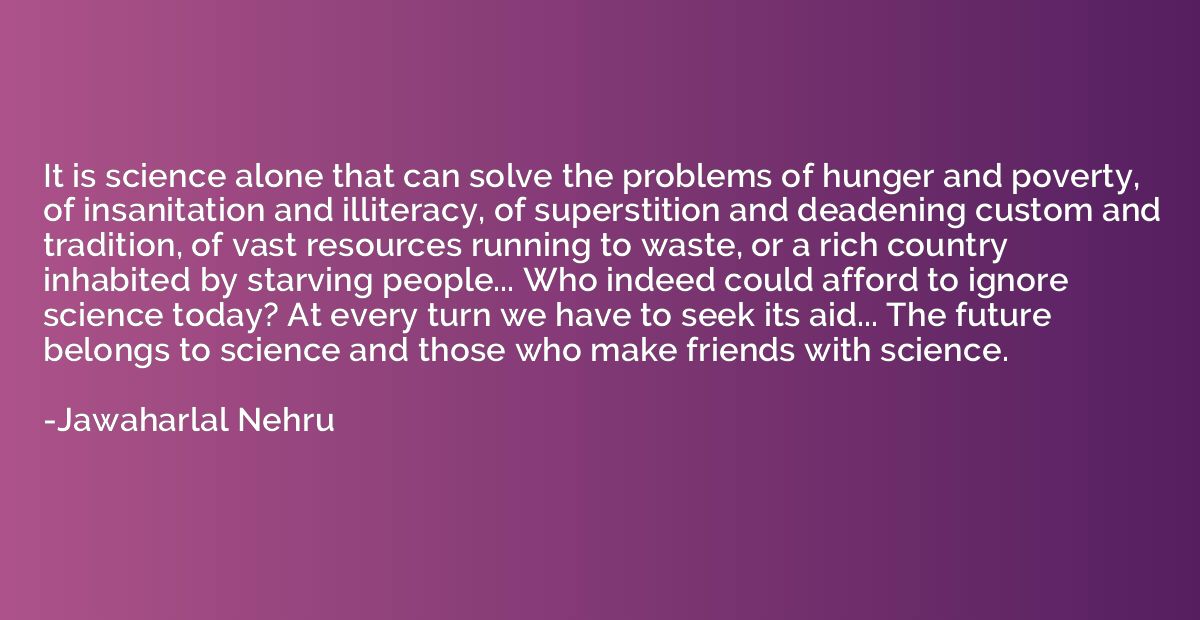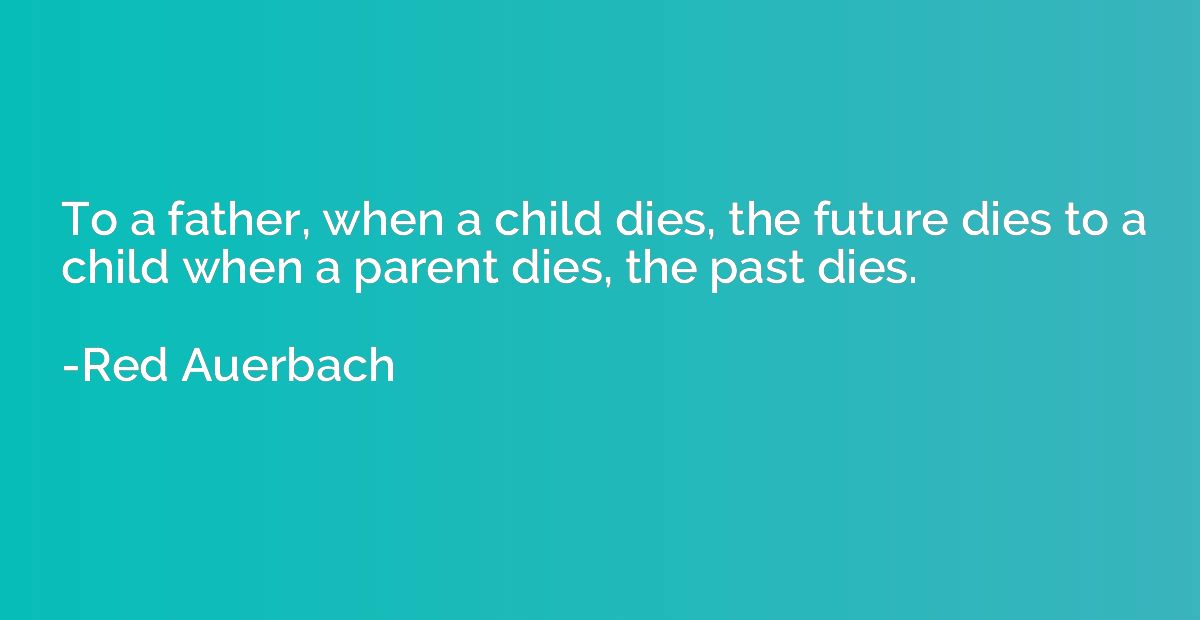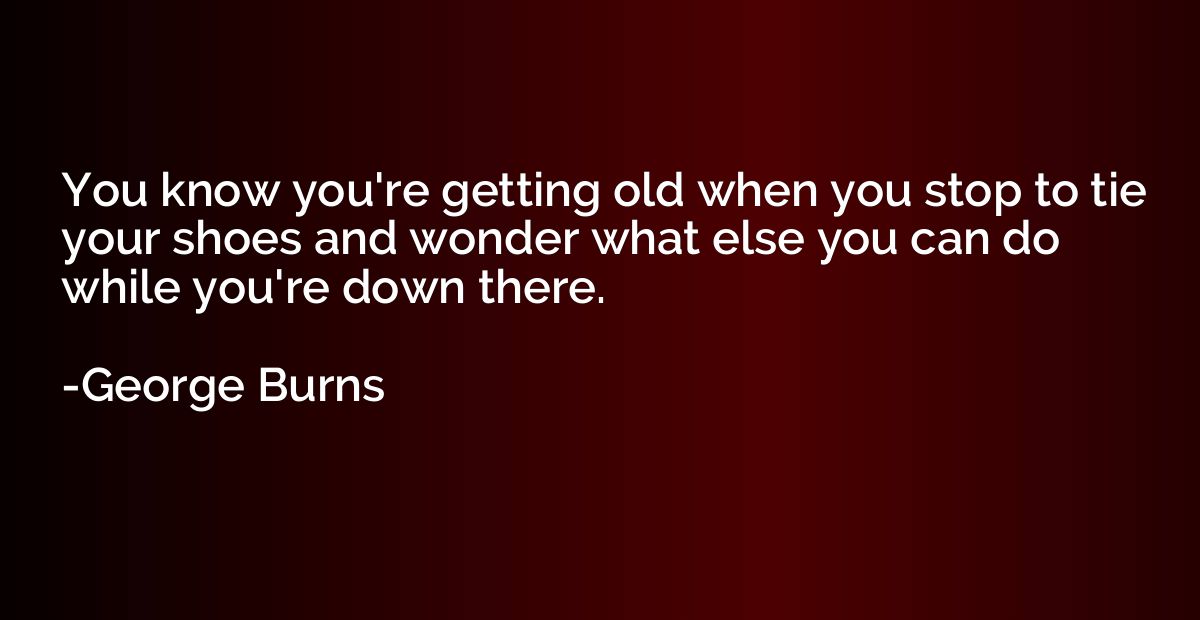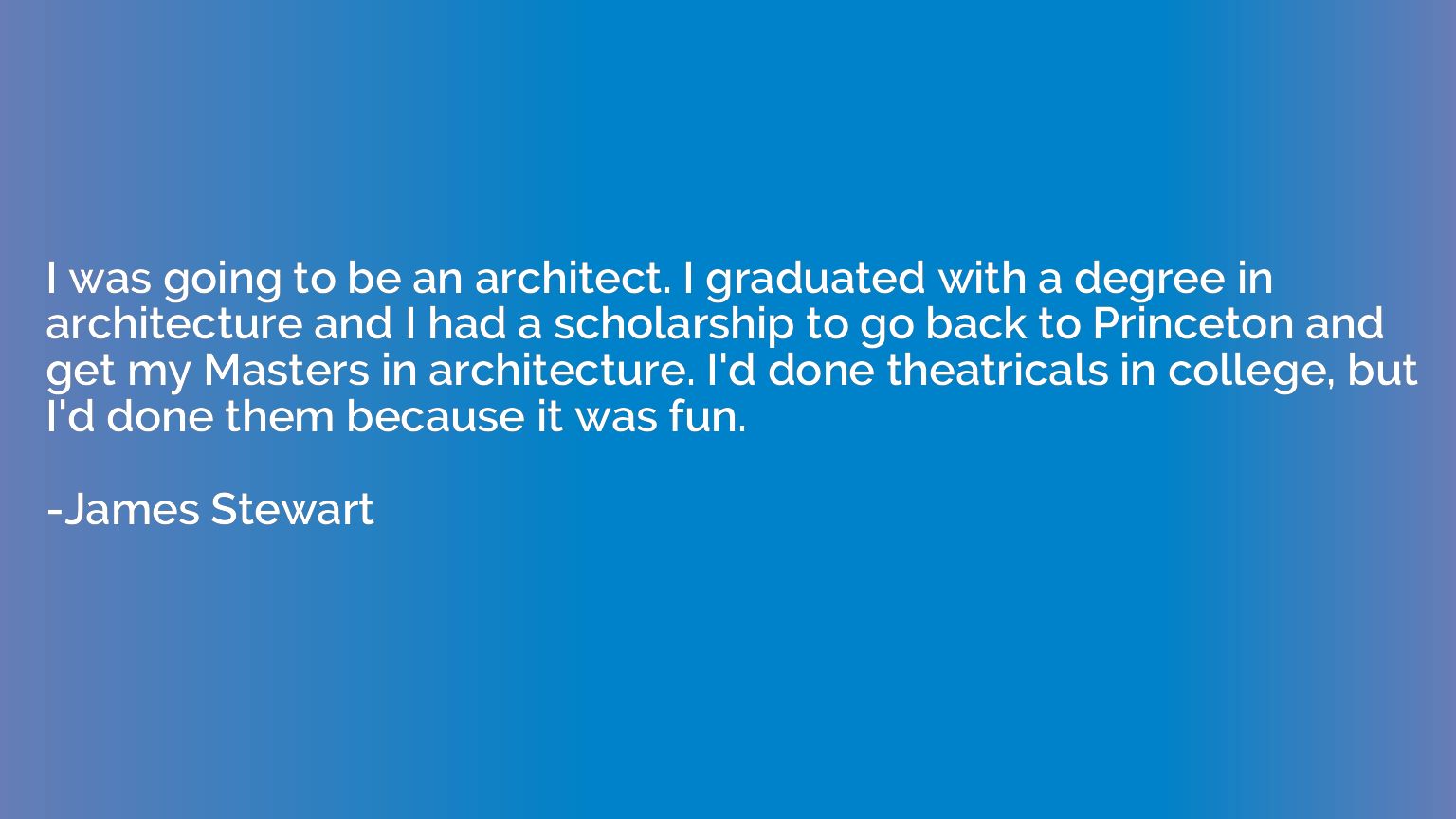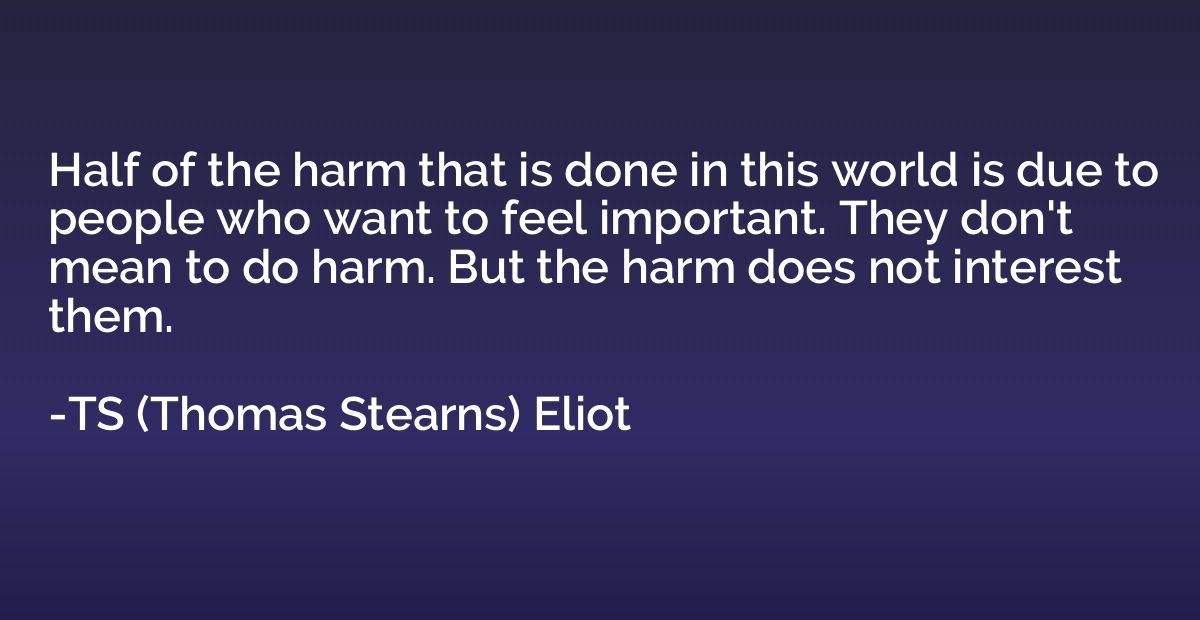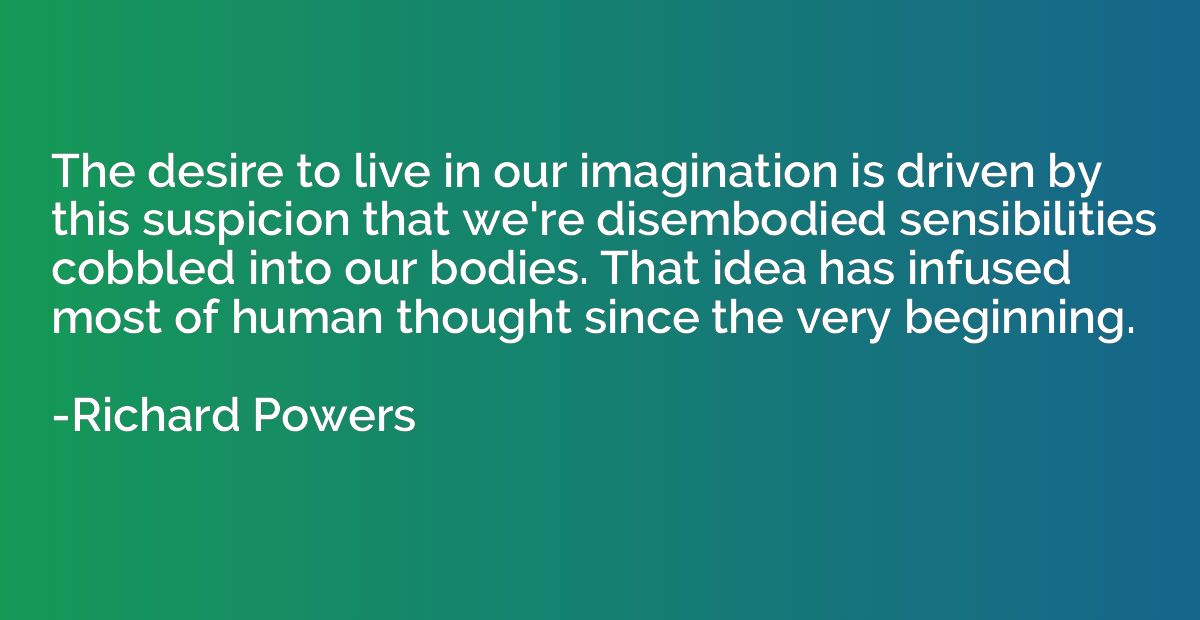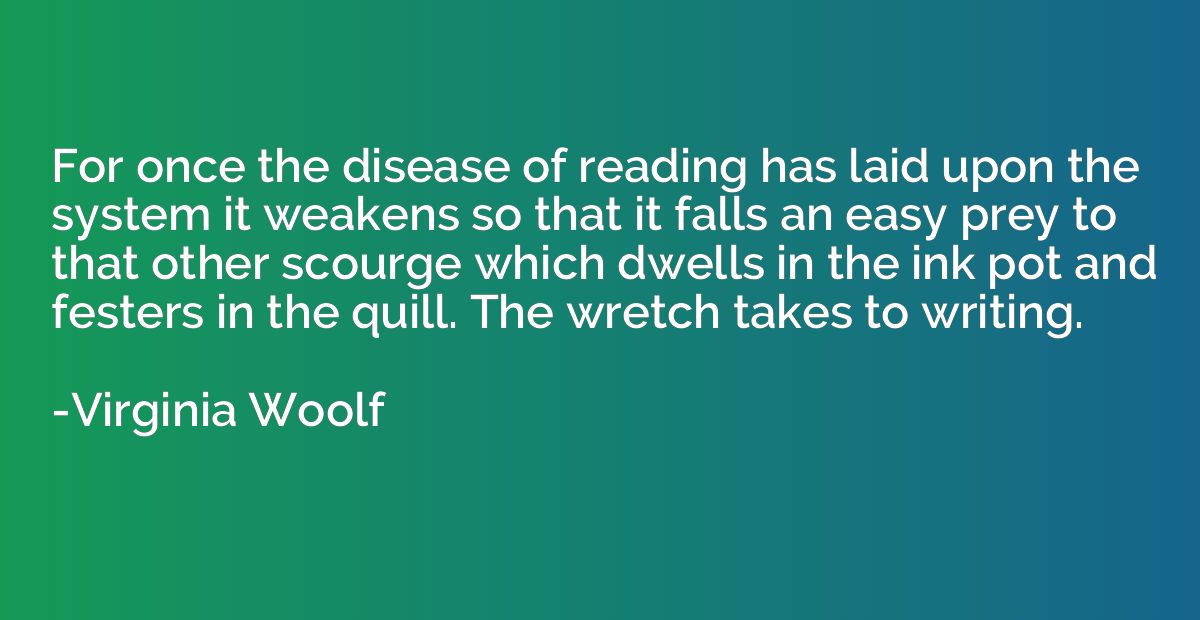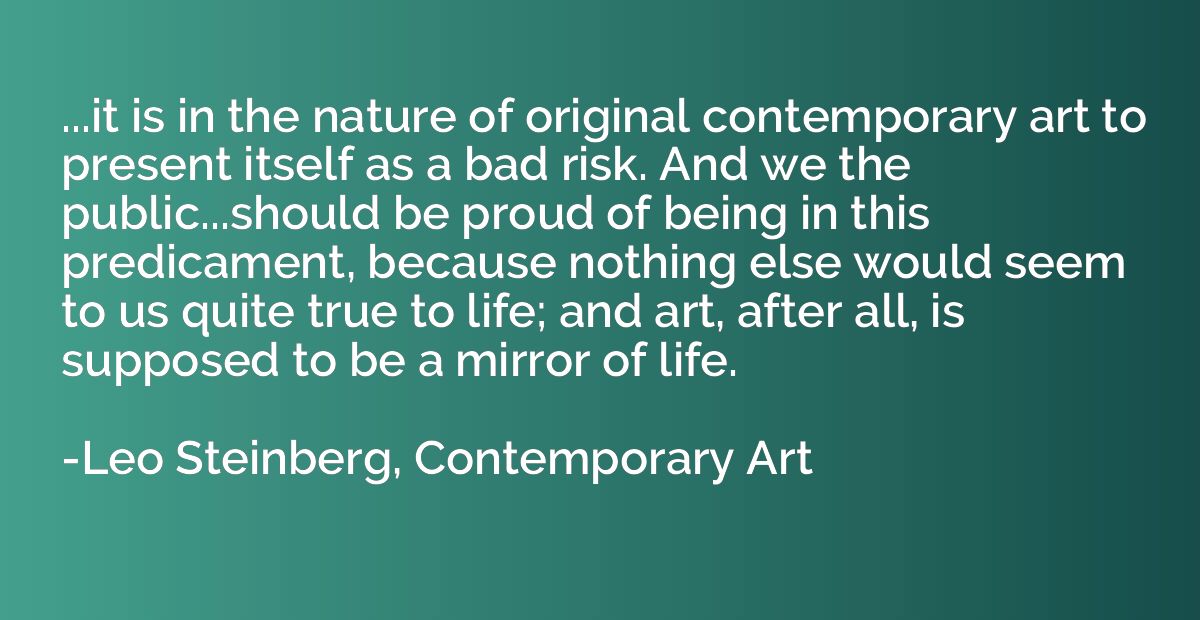Quote by Mike Shinoda
My dad remembers being in school with my uncle, and the teacher would say outright to the class that the Japanese were second-class citizens and shouldn't be trusted.
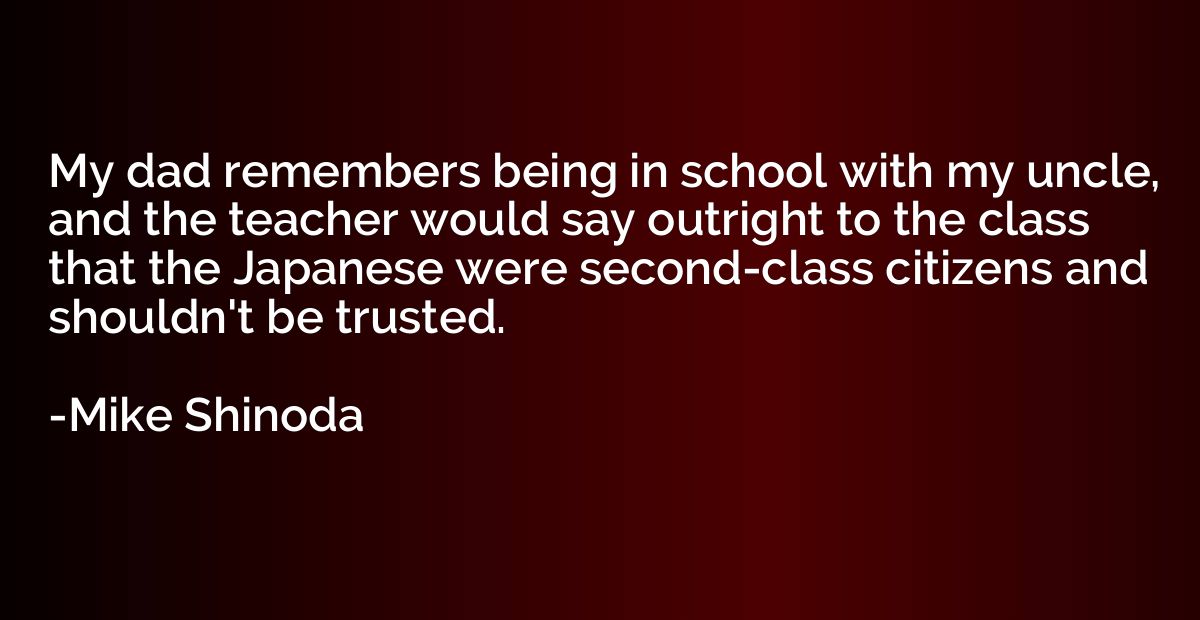
Summary
This quote highlights a disheartening instance of discrimination and prejudice. It portrays a time when racist ideas were openly propagated within an educational setting, where a teacher unabashedly expressed the view that people of Japanese descent were inferior and untrustworthy. This anecdote serves as a stark reminder of the historical mistreatment and injustices experienced by certain communities due to systemic racism and xenophobia. It underlines the importance of acknowledging and challenging such biases to strive for a more inclusive and equitable society.
Topics
Dad
By Mike Shinoda



